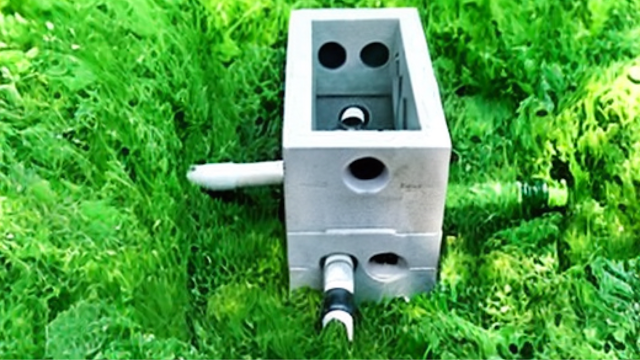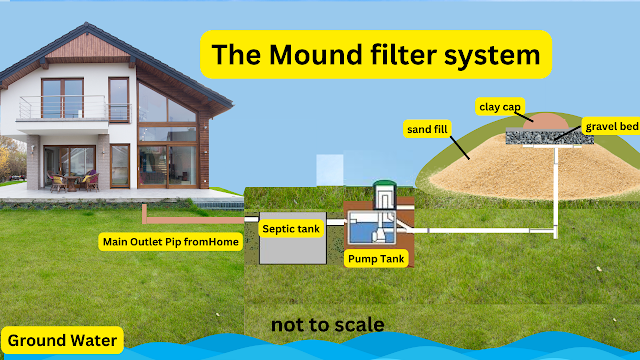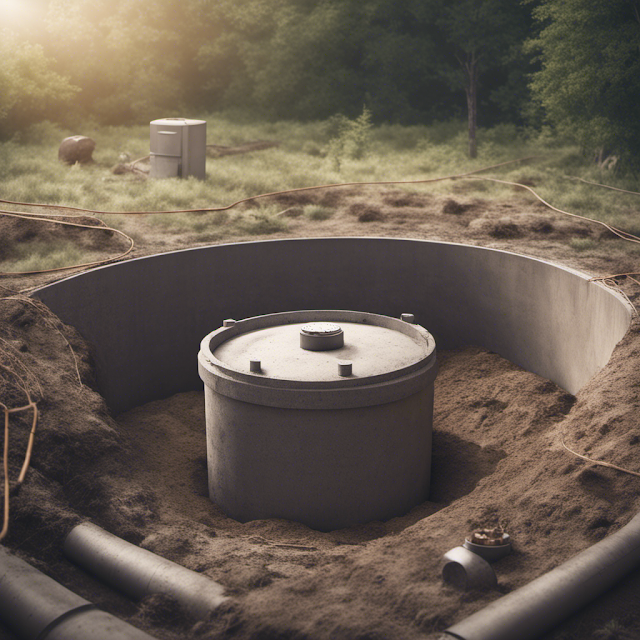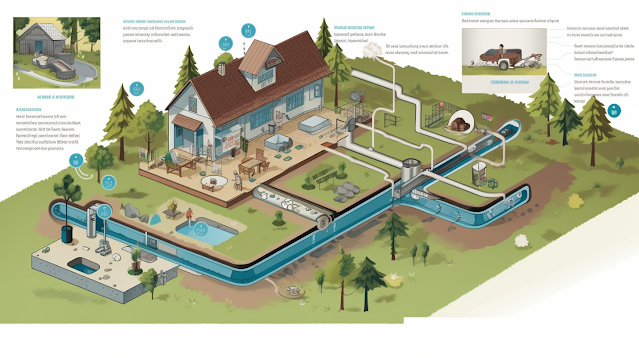Preserving Septic System Life Through Water Conservation
 |
| Preserving Septic System Life Through Water Conservation |
In a world where 'every drop counts,' homeowners are discovering the power of water conservation in preserving the life of their septic systems. By implementing simple practices like installing low-flow fixtures and adjusting water usage during chores, they can not only extend the lifespan of their septic systems but also save money.
This article explores the importance of water conservation for septic systems, provides practical tips for maintaining system health, and highlights the benefits it brings to homeowners.
Get ready to dive into the world of preserving septic system life through water conservation.
Key Takeaways
- Practicing water conservation can help maintain and sustain the life of septic systems.
- Reducing the water going into the septic system can have positive impacts.
- Installing water-saving features and adopting water reduction activities can lead to significant savings for homeowners.
- Michigan State University Extension offers a Septic System Use and Maintenance Workshop, which covers all aspects of septic system use, maintenance, and its connection to wells.
The Importance of Water Conservation for Septic Systems
Practicing water conservation helps maintain and sustain the life of septic systems, reducing the water going into the system and positively impacting its longevity.
Implementing water conservation strategies is crucial to ensure the efficient operation of septic systems. When excessive water enters the septic tank, it must exit the tank and go into the drain field. By reducing the amount of water entering the system, homeowners can lessen the load on the septic system, extending its lifespan.
To conserve water, homeowners can install low-flow faucet aerators and showerheads, adjust laundry water levels, fix leaky faucets and toilets promptly, and run the dishwasher only when full.
Furthermore, avoiding overloading the system by running multiple water-intensive appliances simultaneously and refraining from connecting sump pumps to the septic system is essential.
Implementing these water conservation practices can significantly benefit septic systems and contribute to their long-term functionality.
Water Conservation Practices for Maintaining Septic Systems
Installing low-flow faucet aerators and showerheads can help homeowners conserve water and maintain the health of their septic systems. These water-saving techniques have a significant impact on water usage and can extend the lifespan of septic systems.
By reducing the amount of water entering the system, homeowners can reduce the strain on their septic tanks and drain fields. In addition to installing low-flow fixtures, other practical water conservation practices include adjusting the water level when doing laundry, fixing leaky faucets and toilets, running the dishwasher only when it's full, and using a bowl for rinsing dishes.
Avoiding overloading the system by running multiple water-intensive appliances simultaneously and avoiding connecting sump pumps to the septic system are also important. Implementing these simple yet effective water conservation practices not only helps preserve septic system life but also saves homeowners money and contributes to a sustainable future.
Additional Tips for Water Conservation and Septic System Health
Reducing the strain on septic systems can be achieved by adopting simple and practical water-saving techniques. By reducing water usage, homeowners can prevent septic system failures and ensure the longevity of their systems.
One effective tip is to use the garbage disposal sparingly, as it requires a lot of water to run properly. Additionally, avoiding running the washer, dishwasher, and taking a shower simultaneously can prevent overloading the system. Homeowners should also refrain from connecting sump pumps to the septic system to prevent unnecessary water from entering.
Furthermore, it is important to avoid watering the grass over or around the drain field, as it already receives enough water from household use. By implementing these water conservation practices, homeowners can significantly reduce the strain on their septic systems and prevent costly failures.
Benefits of Water Conservation for Homeowners With Septic Systems
By adopting water conservation practices, homeowners can significantly reduce their water usage and save money on their monthly water bills. This is especially true for homeowners with septic systems, as water conservation measures can also help preserve the life of their septic systems.
Implementing cost-effective water conservation measures can lead to significant water savings for septic systems. For example, installing low-flow faucet aerators and showerheads can conserve water without sacrificing water pressure or comfort. Additionally, fixing leaky faucets and toilets can reduce the amount of water entering the septic system.
Homeowners can also adjust the water level when doing laundry, run the dishwasher only when there's a full load, and use the garbage disposal sparingly to prevent excessive water usage. These simple and practical water conservation practices can benefit both septic systems and homeowners, ensuring sustainable water usage and long-term savings.
Further Resources for Septic System Maintenance and Water Conservation
Homeowners can access additional resources provided by Michigan State University Extension for guidance on maintaining their septic systems and implementing water-saving practices.
The Extension offers Septic System Use and Maintenance Workshops that cover all aspects of septic system use, maintenance, and its connection to wells. Attending these workshops can provide homeowners with valuable information on septic system maintenance techniques and water conservation strategies.
In addition to the workshops, Michigan State University Extension also provides a variety of resources on septic systems on their website. These resources offer practical tips and techniques for preserving the life of septic systems through water conservation.
Conclusion: Preserving Septic System Life Through Water Conservation
Implementing water-saving techniques can significantly extend the lifespan of septic systems and yield cost savings for homeowners.
The impact of water conservation on septic system functionality is undeniable. By reducing the amount of water going into the system, homeowners can lessen the strain on their septic tanks and drain fields. This means that the system will have to process less water, leading to a longer lifespan and reduced maintenance costs.
The long-term benefits of water conservation for septic system owners are numerous. Not only does it promote sustainability and environmental responsibility, but it also translates into significant savings on water bills for homeowners connected to municipal water systems.
Frequently Asked Questions
How Often Should Septic Systems Be Inspected and Maintained?
Regular septic system maintenance is crucial for its longevity. Homeowners should have their septic systems inspected and maintained annually to prevent potential issues. Signs of a failing system include backups, odors, and slow drains.
Are There Any Specific Regulations or Guidelines for Water Usage in Septic Systems?
Water usage regulations and conservation guidelines for septic systems ensure sustainable water management. Implementing water-saving features and reducing water intake can prolong septic system life. Compliance with these guidelines benefits both homeowners and the environment.
Can Water Conservation Practices Help Prevent Septic System Failures?
Water conservation practices, such as reducing water usage and fixing leaks, can prevent septic system failures. Excessive water entering the septic tank can overload the system, leading to issues. Conserving water is crucial for preserving septic tank functionality.
What Are the Potential Consequences of Overloading a Septic System With Excessive Water Usage?
Overloading a septic system with excessive water usage can lead to consequences such as backups, clogs, and system failure. Preventive measures, like water conservation practices, are essential for avoiding these issues and preserving the septic system's functionality.
Are There Any Financial Incentives or Rebates Available for Homeowners Who Implement Water Conservation Measures for Their Septic Systems?
Financial incentives and rebates may be available for homeowners who implement water conservation measures for their septic systems. These incentives can provide monetary savings and encourage the adoption of sustainable practices.



.png)






Comments
Post a Comment